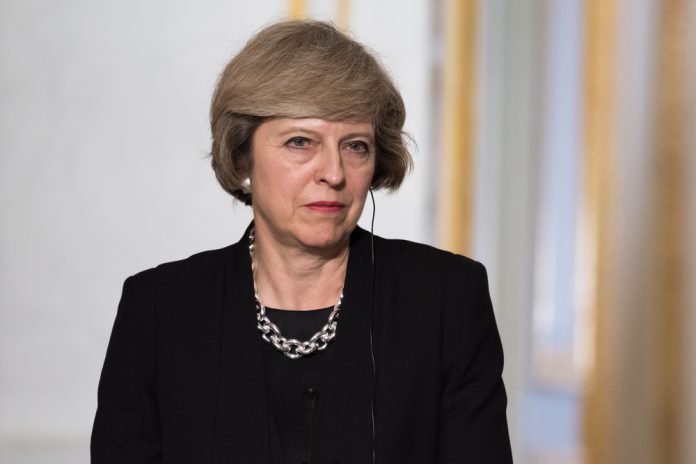Britain may experience its biggest fall in wages since 1810 as it prepares to leave the European Union, the Institute for Fiscal Studies warned on Thursday.
The budget-focussed think tank said that Wednesday’s forecasts, given alongside Chancellor Philip Hammond’s first Autumn Statement, showed wages in 2021 would be lower than in 2008.
IFS director Paul Johnson said: “I cannot stress enough how extraordinary and dreadful that is.”
“We have certainly not seen a period remotely like it in the last 70 years.”
The IFS said the latest forecasts from the independent Office for Budget Responsibility (OBR) showed that the outlook “has deteriorated rather sharply since March”.
National income may be £30 billion lower than it had projected in March, with each household taking a £1,000 hit.
May’s spokeswoman said:
“Since 2010 we have been taking action to look at how can we support growth in wages, for example through the introduction of the national living wage,” referring to an increase in minimum hourly pay for those aged 25 and over brought in earlier this year.
Shadow Chancellor John McDonnell said after the Autumn Statement:
“This lost decade for living standards is unprecedented in modern British history and is a damning indictment of the total, abject failure of the Tories’ economic policy.”
Despite Theresa May’s commitment to introduce measures to help ‘JAMs’ – Just About Managing families – there seemed to be little in the Autumn Statement designed to increase living standards.

